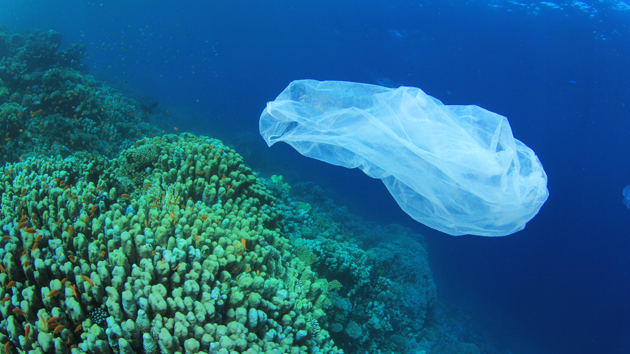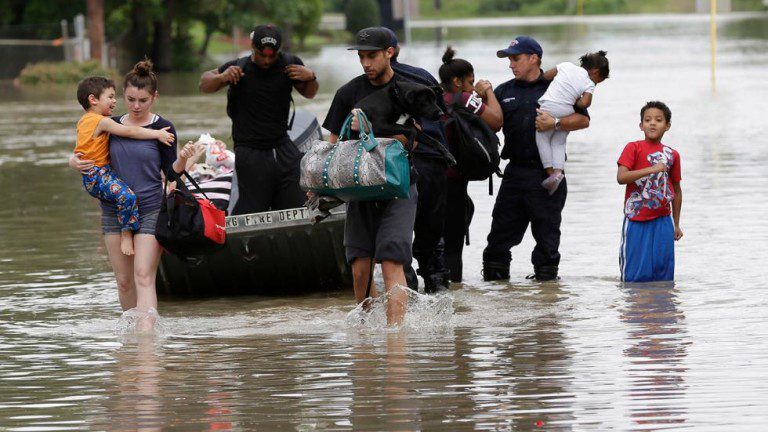Michal Szymanski, UN Environment News & Media
Alessandro Badalotti, IUCN Congress media team
UNEP News Center
1 September 2016
Yesterday, the US announced that by 2020, they would invest $100 billion per year to help developing countries fight climate change.
India and the US committed themselves to the new agreement in a joint statement, which took place during the Second India-US Strategic and Commercial Dialogue in New Delhi.
Both countries also re-announced their commitment to ratify the Paris Agreement.
Within the statement, the two nations “reiterated their commitment to pursue low greenhouse gas emission development strategies in the pre-2020 period and to develop long-term low greenhouse gas emission development strategies.”
The statement also said: “The US also remains committed, with other developed countries, to the goal of jointly mobilising $100 billion per year by 2020 to address the needs of developing countries in the context of meaningful mitigation and adaptation action.”
A hydrofluocarbon (HFC) amendment is being discussed in relation to the Montreal Protocol, and strong financial support is expected from donor countries to the Multilateral Fund.
Meeting the challenges of climate change requires finances for innovative renewable energy projects, according to US Secretary of State John Kerry.
He also said that the civil nuclear cooperation between the US and India will bring affordable and clean energy to tens of millions of Indian homes.
The Elephant extinction disaster– caused by poaching and ivory trafficking – has also been denounced by the two countries.
As part of the discussions, the two countries made a resolution that calls on countries to adopt a domestic ban on the trade of elephant ivory at the Convention on International Trade in Endangered Species of Wild Fauna and Flora (CITES) Conference of Parties in September.
The Joint Working Group has been in place for three years, during which progress was made on combating climate change – resilience, air quality, forestry and science and technology fellowships.
A decision was made for the two nations to work closely at the International Civil Aviation Organisation Assembly to address greenhouse gas emission from international aviation, and to promote improved heavy-duty vehicle standards and efficiency in accordance with their national priorities and capabilities, under the leadership of G20.






